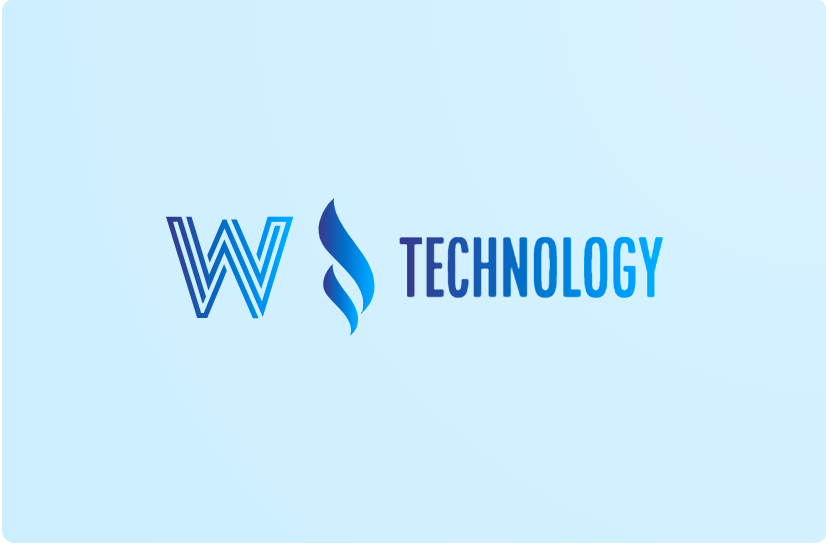The Presentation Layer
Understanding the Presentation Layer: Functions Unveiled
1. Data Translation: The Multilingual Communicator
At its core, the Presentation Layer is akin to a multilingual communicator. It addresses the challenge of disparate encoding schemes and character sets used by different systems. This layer ensures that data is translated into a common format, making it universally understandable.
2. Encryption: Securing the Digital Realm
In an era dominated by digital transactions and sensitive information exchange, encryption is paramount. The Presentation Layer encrypts data before it ventures into the realms of the network, ensuring confidentiality and thwarting unauthorized access.
3. Compression: Streamlining Data Transmission
Bandwidth is a precious resource, and the Presentation Layer acknowledges this by employing compression techniques. By compressing data before transmission, it optimizes bandwidth usage, facilitating more efficient data exchange.
4. Syntax Processing: Ensuring Semantic Harmony
Syntax and semantics are the building blocks of effective communication. The Presentation Layer harmonizes the syntax and semantics of data exchanged between applications, preventing confusion and misinterpretation.
Real-World Examples: Where the Presentation Layer Shines
1. Video Conferencing:
Picture a video conference with participants using different devices and applications. The Presentation Layer ensures that the video and audio data from diverse sources are presented uniformly, providing a seamless conferencing experience.2. Online Banking Security:
When you log in to your online banking platform, the Presentation Layer encrypts your login credentials before transmission. This cryptographic shield safeguards your sensitive information from potential threats.
3. Web Browsing:
As you surf the web, the images, videos, and textual content presented on your browser undergo transformations facilitated by the Presentation Layer. Compression techniques are applied to images, ensuring faster loading times and an overall improved browsing experience.Protocols Powering the Presentation Layer
1. SSL/TLS (Secure Sockets Layer/Transport Layer Security):
While often associated with the Application Layer, SSL/TLS protocols play a crucial role in the Presentation Layer. They provide the secure communication framework essential for encrypted data exchange, ensuring confidentiality and integrity.
2. JPEG (Joint Photographic Experts Group):
Although not a communication protocol, JPEG deserves mention here due to its significance in the Presentation Layer. It stands as a compression standard widely used for images, reducing file sizes without compromising visual quality.
3. ASCII (American Standard Code for Information Interchange):
Fundamental for encoding text, ASCII is a character encoding standard extensively utilized in the Presentation Layer for data translation. It ensures that textual data is presented uniformly across diverse systems.
Conclusion: Navigating the Presentation Layer Landscape
In the intricate tapestry of network communication, the Presentation Layer emerges as a silent hero, ensuring that data speaks a universal language. From encryption fortresses to compression algorithms streamlining data highways, its impact reverberates across myriad applications. As we navigate the digital landscape, the protocols within this layer quietly orchestrate a symphony of interoperability, bridging the gaps between systems and ensuring that data is not just transmitted but also comprehended.
In this journey through the Presentation Layer, we've glimpsed its functions, explored real-world scenarios where it shines, and acquainted ourselves with the protocols that form its backbone. As we continue our exploration of the OSI model, the Presentation Layer stands tall, a testament to the harmonious exchange of information in our interconnected world.














0 Comments